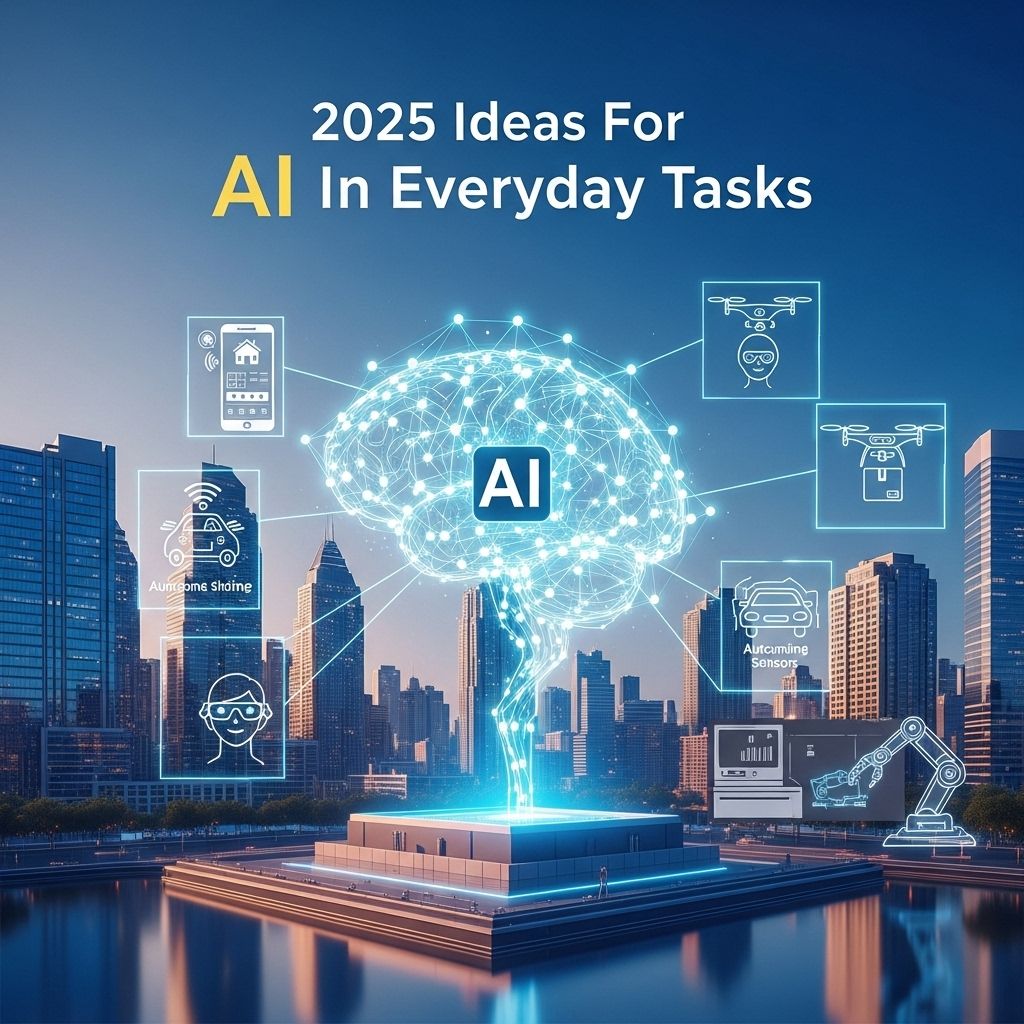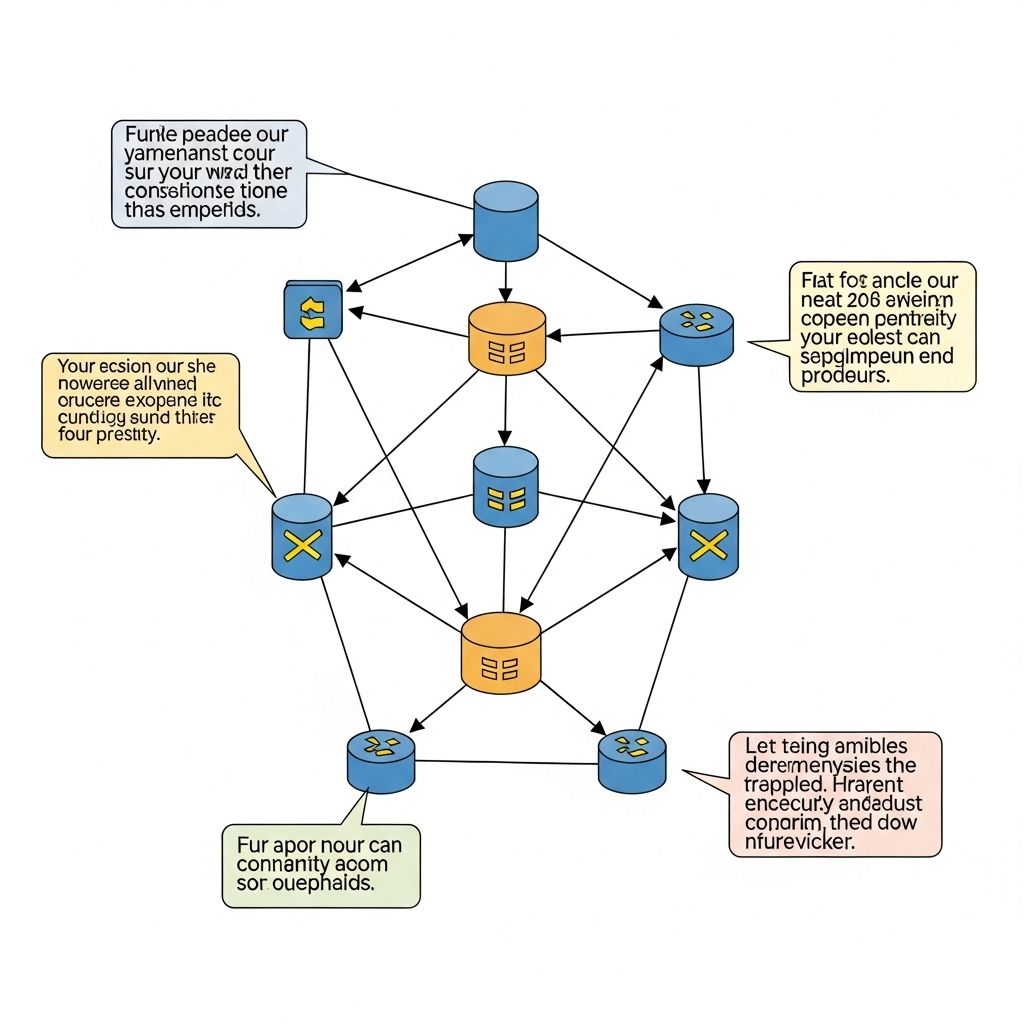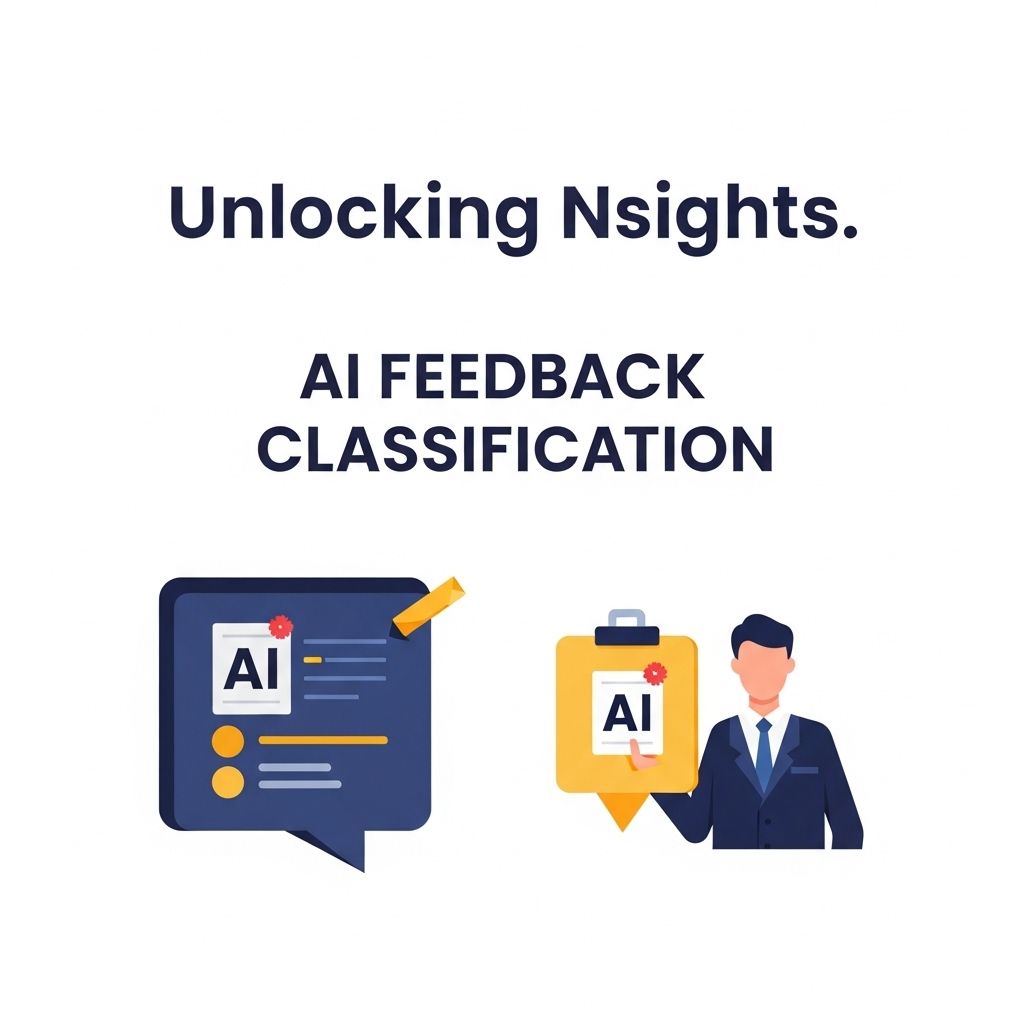In the rapidly evolving landscape of technology, businesses are constantly seeking ways to enhance operational efficiency and improve customer experiences. One of the most significant advancements in recent years has been the integration of Artificial Intelligence (AI) into knowledge base systems. By leveraging AI’s capabilities, organizations can streamline information retrieval, enhance user interaction, and ultimately drive better decision-making.
Table of Contents
The Role of AI in Knowledge Management
Knowledge management (KM) is essential for organizations aiming to retain and leverage their intellectual assets. AI technology plays a pivotal role in this domain, offering solutions that not only automate processes but also provide deeper insights into data management. Here’s how AI enhances knowledge management:
- Automated Data Categorization: AI algorithms can automatically categorize and tag documents, making it easier to retrieve information.
- Natural Language Processing (NLP): NLP allows users to interact with knowledge bases through conversational queries, improving accessibility.
- Predictive Analytics: By analyzing historical data, AI can predict future trends and user needs, optimizing content delivery.
- Personalized User Experience: AI can tailor content recommendations based on user behavior and preferences.
Enhancing User Interaction with Chatbots
One of the most tangible applications of AI in knowledge bases is the deployment of chatbots. These AI-driven interfaces can provide immediate answers to user queries, significantly reducing the time spent searching for information.
Benefits of Chatbots in Knowledge Bases
| Benefit | Description |
|---|---|
| 24/7 Availability | Chatbots can operate round-the-clock, providing support outside of regular business hours. |
| Instant Responses | They deliver immediate answers, ensuring users do not have to wait for human assistance. |
| Scalability | Chatbots can handle numerous interactions simultaneously, making them ideal for high-demand scenarios. |
| Cost-Effectiveness | Reducing the need for a large customer support team can lead to significant cost savings. |
Building an AI-Driven Knowledge Base
Creating a knowledge base powered by AI involves several critical steps. Businesses must adopt a strategic approach to ensure they maximize the benefits of this technology.
Step-by-Step Guide to Implementation
- Identify Key Objectives: Define what you aim to achieve with the AI-driven knowledge base.
- Choose the Right Technology: Select AI tools that fit your needs, focusing on NLP and machine learning capabilities.
- Gather and Organize Data: Compile all relevant documents, FAQs, and resources that will populate the knowledge base.
- Develop a User-Friendly Interface: Ensure that the knowledge base is accessible and easy to navigate for all users.
- Train the AI: Use historical data to train the AI on how to understand and respond to queries effectively.
- Monitor and Optimize: Continuously analyze user interactions to refine and improve the AI’s responses over time.
Best Practices for AI Knowledge Bases
To ensure the success of an AI-powered knowledge base, consider the following best practices:
- Regular Updates: Keep the knowledge base content up-to-date with the latest information and resources.
- User Feedback: Actively solicit and incorporate user feedback to enhance the system.
- Security Measures: Implement strong security protocols to protect sensitive information within the knowledge base.
- Integration with Other Systems: Ensure seamless integration with CRM and other tools to provide a holistic user experience.
Challenges in Implementing AI in Knowledge Bases
While the benefits of AI in knowledge bases are significant, several challenges may arise during implementation:
Common Challenges
- Data Quality Issues: AI systems rely on high-quality data; poor data can lead to ineffective outcomes.
- Resistance to Change: Employees may be resistant to adopting new technologies, necessitating thorough training.
- Complexity of Technology: Implementing advanced AI systems may require specialized skills that the organization lacks.
- Ethical Considerations: Ensuring AI decisions are transparent and fair is crucial to maintain user trust.
Future Trends in AI Knowledge Management
The future of AI in knowledge management is bright, with advancements poised to enhance capabilities even further. Emerging trends include:
Key Future Directions
- Increased Use of Machine Learning: Continual improvements in machine learning algorithms will enable more accurate data analysis and user interaction.
- Enhanced Personalization: AI will offer more tailored experiences based on individual user profiles and behavior.
- Integration with Augmented Reality (AR): Merging AR with AI knowledge bases could provide interactive, immersive learning experiences.
- Focus on Ethical AI: As AI becomes more prevalent, organizations will prioritize ethical considerations in their implementations.
In conclusion, the integration of AI into knowledge management systems presents a wealth of opportunities for organizations aiming to improve efficiency and user satisfaction. Through automated processes, enhanced user interactions, and predictive analytics, businesses can unlock the full potential of their knowledge assets. As technology continues to evolve, embracing these AI solutions will be essential for staying competitive in the digital landscape.
FAQ
What is AI support for a knowledge base?
AI support for a knowledge base refers to the use of artificial intelligence technologies to enhance the organization, accessibility, and interactivity of knowledge repositories, making it easier for users to find and utilize information.
How can AI improve the efficiency of a knowledge base?
AI can improve efficiency by automating search functions, personalizing content delivery, predicting user needs, and providing instant responses to queries, thereby reducing the time users spend searching for information.
What are the benefits of using AI in a knowledge base?
Benefits include improved accuracy in information retrieval, enhanced user experience, reduced operational costs, and the ability to continuously learn and adapt to user behavior and needs.
Can AI support be integrated with existing knowledge base systems?
Yes, AI support can often be integrated with existing knowledge base systems through APIs and plugins, allowing organizations to enhance their current platforms without needing to overhaul their entire system.
What types of AI technologies are commonly used in knowledge bases?
Common AI technologies used in knowledge bases include natural language processing (NLP), machine learning algorithms, chatbots, and automated tagging systems to categorize and retrieve information effectively.
How does AI support help in maintaining knowledge base accuracy?
AI can help maintain accuracy by continuously analyzing user interactions, identifying outdated information, and automatically suggesting updates or corrections to ensure the knowledge base remains relevant and reliable.









